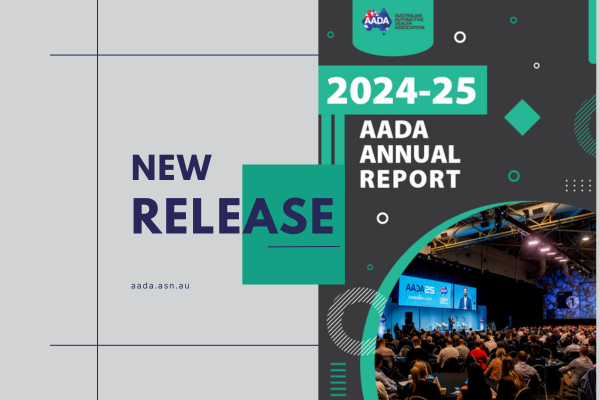This week the appeal being lodged by Dealers against Mercedes-Benz is being heard by the Full Court of the Federal Court of Australia. This is the latest chapter in this dispute which commenced in 2021 when Mercedes-Benz Australia made the decision to issue non-renewal notices to all its Dealers as part of a restructuring of its business from a dealer to an agency model.
This has been referred to as the most important case in Australian franchising history and the precedent set will be of consequence to every franchised new car and truck Dealer across Australia as well as other sectors of the franchise industry. Dealers argue that when Mercedes-Benz Australia issued the non-renewal of franchise agreements, they did so not to merely bring an end to the agreements. Rather, the agreements were terminated to pressure its franchisees into accepting a new agency business model which leveraged the Dealers’ existing investments in infrastructure and customers to its own benefit without paying any compensation and which severely curtailed their ability to run their businesses profitably. The result was that all those Dealers experienced a significant reduction in the value of the goodwill of their businesses and by extension the value of their businesses.
In handing out his judgment, Justice Beach, found that while the Dealers put forward a strong case, he was critical of the Franchising Code of Conduct providing no protection for goodwill to Dealers. He even went as far as to say that the Franchising Code of Conduct needed to be revisited in this regard. Unfortunately, a recent review by Dr Michael Schaper of our Franchising laws did not address the observations made by Justice Beach. The case also demonstrates how unachievably high the bar is set to prove unconscionable conduct in a commercial context under the Australian Consumer Law. The high cost of litigating in Court is also prohibitive and barrier to justice for most Dealers.
This leaves Dealers in a very vulnerable position. Left unchallenged, the Mercedes-Benz move to Agency has set an alarming blueprint for any other multinational car brand or franchisor for that matter to follow. In short, a business model built on the investment of franchisees can now be appropriated by a franchisor without the need to pay any compensation to the franchisees.
The situation has been compounded by several other factors, namely the development of the New Vehicle Emissions Standard by our Federal Government. The NVES is incredibly stringent and the way it has been designed will allow unethical OEMs to shift much of the financial pressure onto their Dealer networks. The other dynamic is the emergence of dozens of new Chinese brands, a factor being encouraged by the NVES due to the Chinese brands being predominantly focussed on electric vehicles.
For many years, the AADA has been campaigning for fit for purpose automotive franchising protections like those which have existed for more than 50 years in the United States. There have been recent changes to our franchising laws, including the development of an automotive specific schedule to the Franchising Code. However, on balance the pendulum of power firmly favours OEMs, as demonstrated by the Mercedes-Benz case.
The Dealers appeal against Mercedes-Benz Australia will be challenging Justice Beach’s interpretation of unconscionable conduct. Justice Beach said in his judgement that unconscionable conduct claim was the strongest part of the Dealers’ case and although he considered Mercedes-Benz’s conduct was harsh and unfair, he did not consider it to be unconscionable within the meaning of the law. In reaching that conclusion, the Dealers consider Justice Beach applied an impermissibly narrow interpretation of unconscionable conduct.
While we hope that the Dealers will be successful, it is widely accepted that unconscionable conduct sets the bar too high. It’s a reason the New South Wales Government in 2011 introduced statutory protections for Dealer against unjust and unfair conduct in their dealings with OEMs.
We need Dealers and all franchisees to be protected against unfair trading practices and against unfair contract terms. These are simple reforms that will make a massive difference to a significant sector of our economy. A sector of the economy that is Australian-owned and located in communities throughout the country. A sector which employs more than 75,000 people and is responsible for over $90 billion of sales.
As we head to a Federal election, Australia’s nearly 4,000 car and truck Dealers located in almost every electorate will be looking to the major parties for action. Such is the pace of change in this industry that the next three years are expected to bring much disruption. We need our leaders to respond to the risks made so clear by the Mercedes-Benz trial and compounded by the coming NVES and the rise of China.












